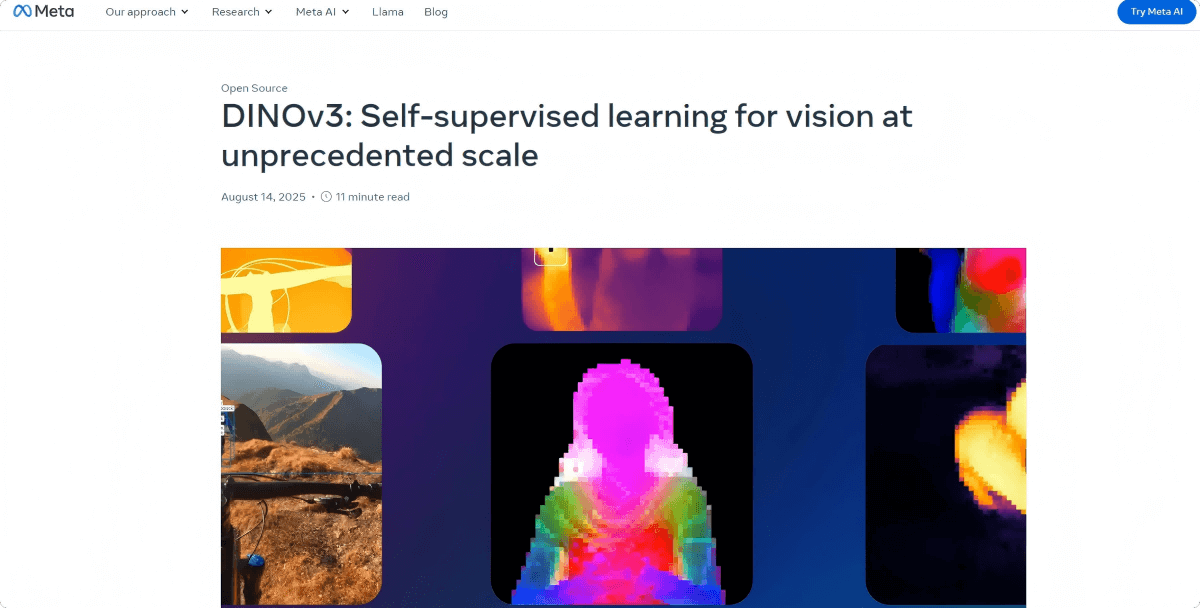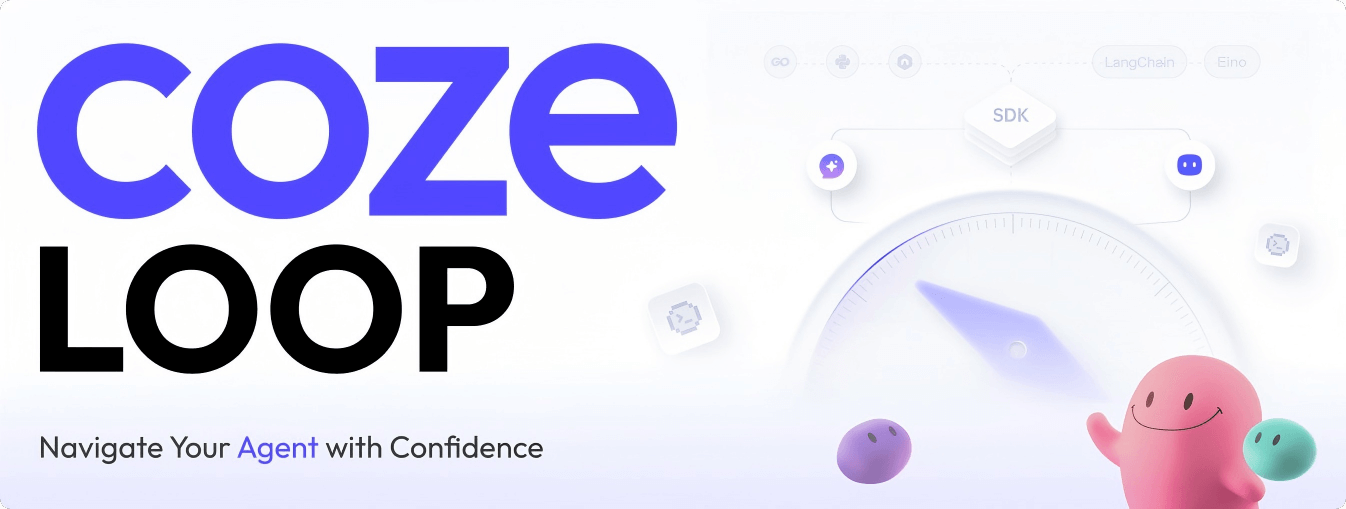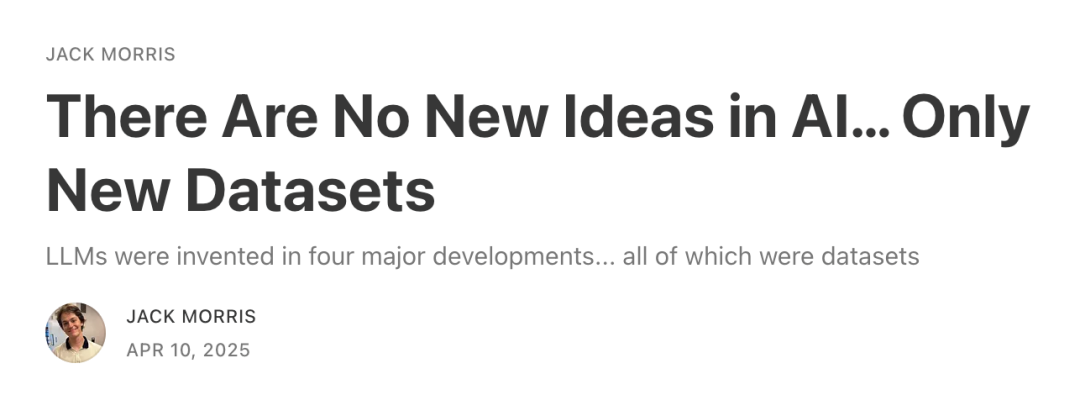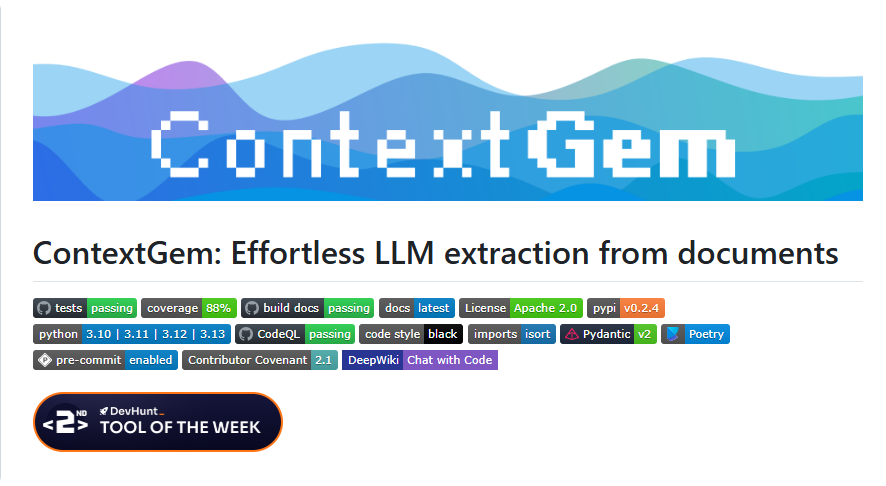Gemini Fullstack LangGraph Quickstart – Google DeepMind’s Open-Source Full-Stack AI Research Assistant
What is Gemini Fullstack LangGraph Quickstart
Gemini Fullstack LangGraph Quickstart is an open-source project released by Google DeepMind to help developers quickly build full-stack intelligent research assistants using Google Gemini 2.5 and LangGraph. The project includes a React frontend and a LangGraph backend, supporting dynamic query generation, web research via the Google Search API, reasoning with reflection to identify knowledge gaps, iterative search refinement, and finally synthesizing comprehensive, citation-rich answers. It supports both local development and Docker deployment, making it developer-friendly and ideal for quickly building intelligent research tools.
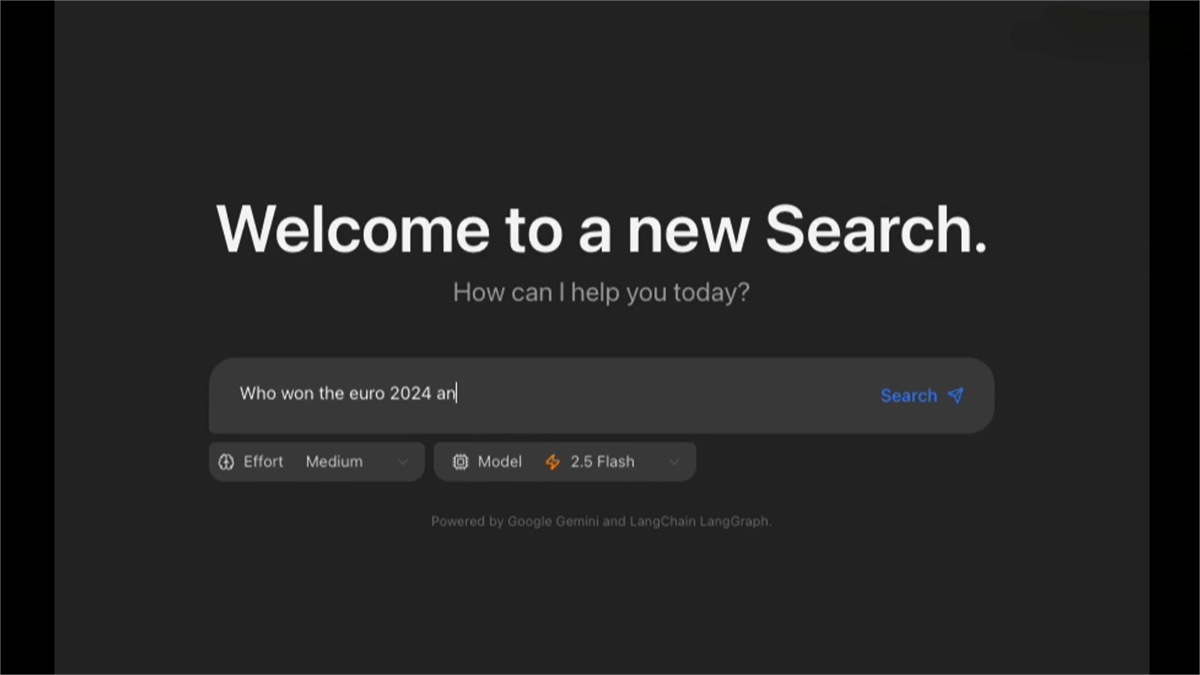
Key Features of Gemini Fullstack LangGraph Quickstart
-
Dynamic Search Query Generation: Automatically generates initial web search queries based on user input.
-
Web Research Capability: Uses the Google Search API to crawl the web and collect relevant information.
-
Reflection & Knowledge Gap Analysis: Analyzes search results to determine completeness and identify missing knowledge.
-
Iterative Optimization: Refines and regenerates search queries if necessary, improving search quality through loops.
-
Synthesis with Citations: Combines collected data into a coherent answer, complete with proper source references.
Technical Architecture
-
Frontend Interface: Built with React and Vite, offering a clean and intuitive user experience. Styling is done using Tailwind CSS and Shadcn UI to ensure responsive and modern design.
-
Backend Agent: The intelligent research agent is implemented using LangGraph, defined in the file
backend/src/agent/graph.py. -
Development & Deployment: Supports local development via
make devto run both frontend and backend servers. For deployment, the backend also serves an optimized frontend build. Uses Docker anddocker-composewith dependencies on Redis and PostgreSQL.
Project Repository
Use Cases
-
Academic Research: Rapidly gather and organize literature and sources to generate research summaries.
-
Market Intelligence: Aggregate real-time insights for business and strategic decisions.
-
News Generation: Quickly produce news briefs based on fresh and cited web content.
-
Educational Support: Summarize and contextualize learning materials for teaching or self-study.
-
Enterprise Knowledge Management: Monitor industry trends and synthesize updates to support corporate strategy.
Related Posts

